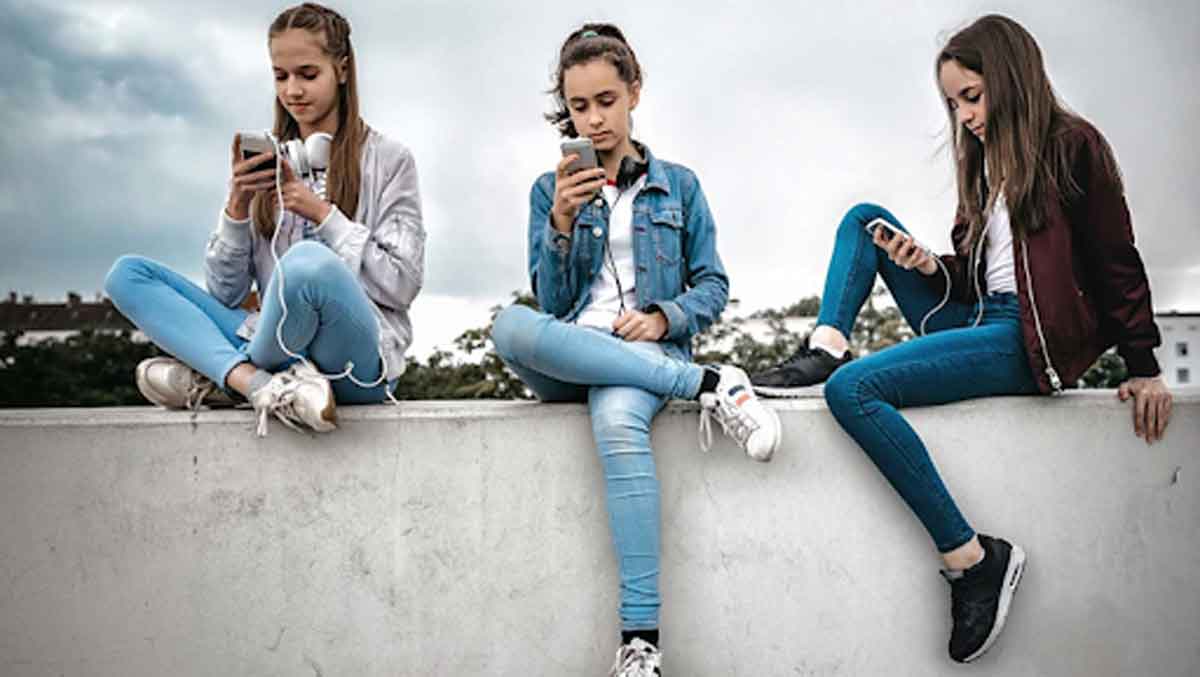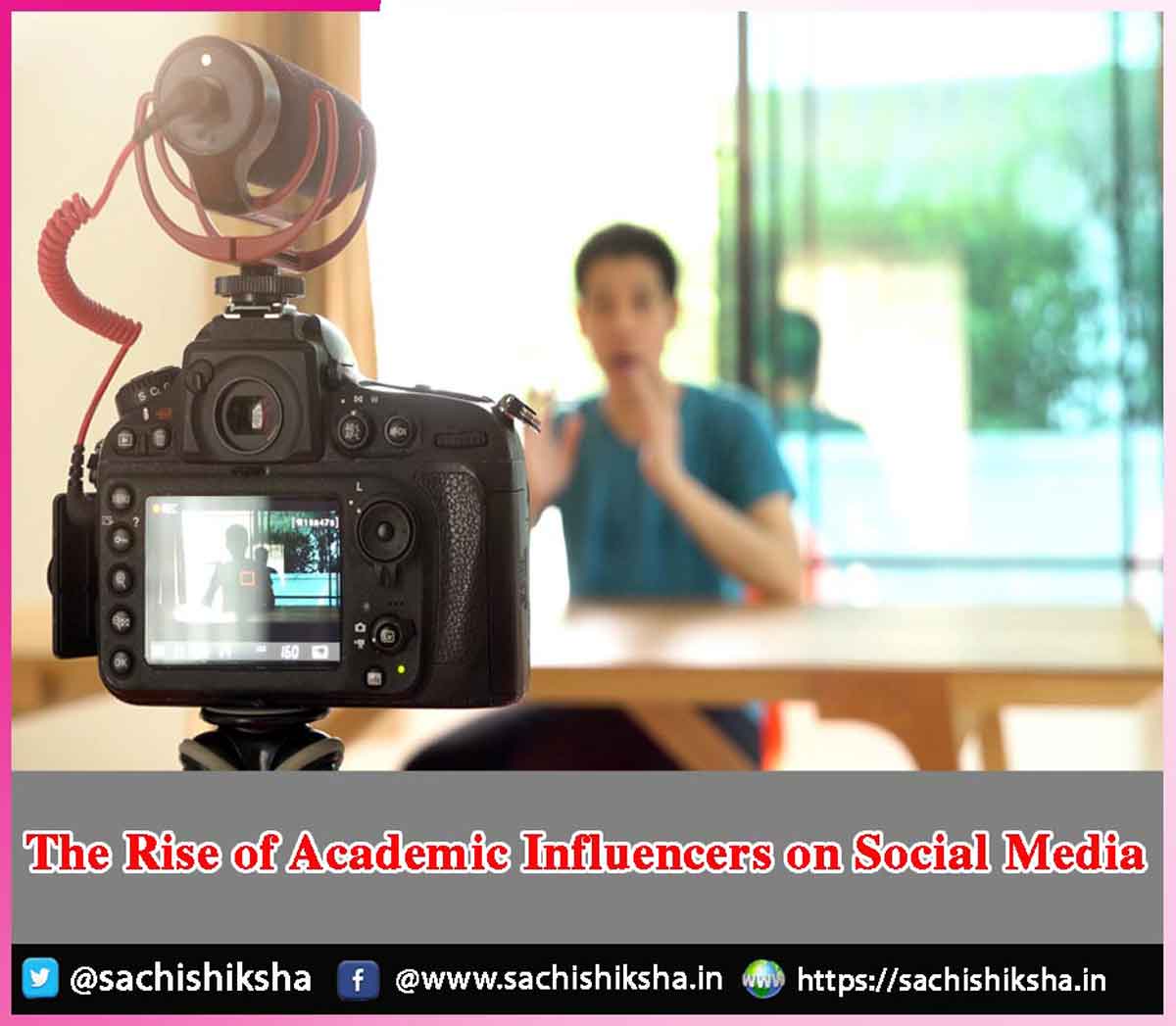The Rise of Academic Influencers on Social Media
Introduction In an age dominated by digital connectivity, the way knowledge is shared and consumed has evolved significantly. Once confined to classrooms, lecture halls, and scholarly journals, academic discourse is now finding a vibrant, accessible platform on social media.
From professors on Instagram to PhD students breaking down complex theories on TikTok, a new breed of content creators is emerging—academic influencers. These are educators, researchers, and students using social platforms to make learning engaging, digestible, and widely available. The rise of academic influencers marks a cultural shift in how education interacts with technology and popular culture.
Table of Contents
Who Are Academic Influencers?

Popular Platforms:
- YouTube channels explaining physics concepts or history events.
- Instagram accounts discussing literature, psychology, or biology in carousel posts.
- TikTok creators using short videos to explain scientific theories or bust myths.
- Twitter (X) threads that simplify political events, research findings, or tech trends.
- LinkedIn posts offering career advice, graduate school tips, and academic motivation.
Why Are They Gaining Popularity?
-
Democratization of Knowledge
For centuries, academic knowledge has been locked behind paywalls, university walls, or dense language. Academic influencers are breaking these barriers, making high-quality, evidence-based knowledge freely accessible to anyone with a smartphone. Whether it’s explaining climate change in 60 seconds or sharing mental health tips for students, these influencers are bringing academia to the masses.
-
Relatability and Informality
Traditional education can often feel impersonal. Academic influencers, in contrast, present themselves as relatable, often sharing their own struggles with procrastination, mental health, or imposter syndrome. This humanized approach builds trust and makes their audience more receptive to learning.
-
Visual and Engaging Formats
Social media favors visual content, short formats, and storytelling—tools that academic influencers use masterfully. They combine research with memes, animations, and infographics to make complex subjects engaging. A neuroscience concept that might take hours to grasp through a textbook can be simplified in a two-minute animated reel.
-
Pandemic-Driven Digital Shift
The COVID-19 pandemic accelerated the move to online learning. During lockdowns, students turned to social platforms for study tips, exam prep, and motivation. Academic influencers filled this void, and many have continued to grow their audiences since then.
Benefits of Academic Influencers
-
Increased Access to Quality Learning
Academic influencers help level the playing field. A student in a rural area without access to coaching or high-quality schooling can follow subject experts online and learn the same content their urban peers receive.
-
Inspiration and Mentorship
For many students, especially first-generation learners, academic influencers serve as mentors. They offer tips on studying, applying for scholarships, managing burnout, or navigating graduate programs abroad.
-
Bridging the Gap Between Research and Society
Most academic research never reaches the general public. Influencers translate academic jargon into layperson-friendly language, helping society understand important topics—from vaccine science to climate change policy.
-
Encouraging Lifelong Learning
Academic content online caters not just to students but also professionals and curious individuals who want to keep learning. People now consume history, literature, science, and philosophy through Instagram or YouTube while commuting or relaxing at home.
Top Domains and Examples
-
STEM (Science, Technology, Engineering, Mathematics)
Accounts like “@chemistryteacherphil” on TikTok or “MinutePhysics” on YouTube simplify hard science through visual storytelling. These influencers make STEM subjects feel less intimidating.
-
Social Sciences & Humanities
Influencers such as “@thehistorianspeaks” or “@philosophybreak” make history, sociology, and philosophy relevant to contemporary debates, such as identity politics, gender issues, and ethics.
-
Mental Health & Psychology
Academic psychologists have gained followings for simplifying topics like cognitive behavior therapy, emotional regulation, and stress management—important during and after the pandemic.
-
Study Skills and Academic Success
“Studygram” and “StudyTube” communities consist of influencers who share productivity hacks, study routines, and time-management tips—often with aesthetic, motivating visuals.
Challenges and Criticisms
Despite their popularity, academic influencers face several criticisms and ethical concerns:
-
Oversimplification
To fit complex ideas into 60-second reels or 280-character tweets, influencers often oversimplify or omit nuance. This can lead to misinformation or misunderstanding.
-
Lack of Peer Review
Unlike journal publications, content on social media isn’t peer-reviewed. Some influencers may unintentionally spread incorrect or biased information, especially if they lack formal training in the subject they cover.
-
Performative Scholarship
Some academics worry that the influencer model encourages style over substance. Flashy visuals and trending hashtags may overshadow rigorous intellectual depth.
-
Burnout and Pressure
Academic influencers, especially students, often feel pressure to keep up with trends, algorithms, and audience expectations while managing their academic or professional responsibilities. The constant need to “perform” can lead to burnout.
-
Commercialization of Knowledge
As influencers gain followers, many begin to monetize their content through sponsorships, merchandise, or paid courses. This raises ethical questions: Is education being commodified? Are we creating an influencer-education industrial complex?
Impact on Traditional Academia
The rise of academic influencers is forcing traditional institutions to rethink their communication and outreach strategies. Universities are now encouraging faculty to use social media to promote research and engage with the public. Courses on “science communication” and “digital pedagogy” are gaining traction.
Some professors who once dismissed social media as frivolous are now active on X (formerly Twitter), using threads to break down their recent publications or participate in public debates. Conferences now include sessions on “how to build an academic brand online.”
The Future of Academic Influence
-
Integration with EdTech
Platforms like Coursera, edX, and Unacademy are already collaborating with academic influencers to create micro-courses and tutorials. In the future, academic influencers may act as hybrid educators—combining content creation with formal online teaching.
-
AI-Powered Educational Influencers
With AI like ChatGPT becoming mainstream, we might soon see AI-powered avatars or virtual influencers delivering academic content—scripted and styled by human experts but scaled to global audiences.
-
Global Classroom Models
Academic influencers may lead global classrooms on Discord, Substack, or YouTube Live, fostering diverse learning communities not restricted by geography, syllabus, or conventional metrics.
Conclusion
The rise of academic influencers on social media signals a democratization of knowledge, a breaking down of traditional academic silos, and a shift towards more accessible, engaging, and flexible learning. These influencers are not just content creators; they are educators, communicators, and change agents for a more informed society.
However, as this movement grows, there’s a need for balance—between simplification and accuracy, popularity and rigor, inspiration and responsibility. If harnessed wisely, academic influencers in the digital age could empower millions and redefine how humanity learns.












































